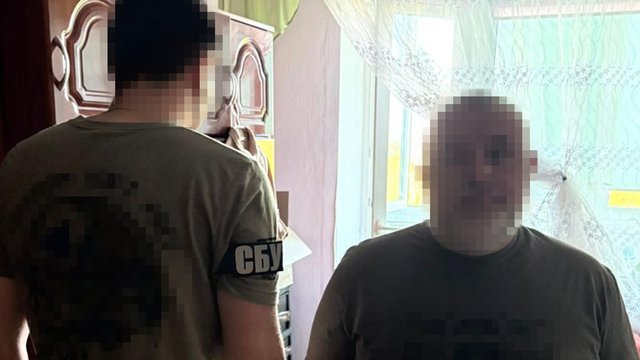Fake volunteers use cocaine delivery scheme to dodge curfew cops

The National Police has exposed a large-scale drug cartel: members of a criminal organization who earned up to $500,000 per month from selling cocaine during curfew hours have been detained, National Police of Ukraine cjoef Ivan Vyhivsky has said.
"The National Police has exposed a large-scale drug cartel. Curfew hours for participants in the "business" are a time for big money. Under the guise of volunteers, with fake passes and documents, they delivered cocaine to VIP clients," Vyhivski said in a message on his Facebook page on Monday.
According to the head of the National Police, the organizer controlled all the telephone calls, selected "reliable" couriers and built a network of orders via messengers.
"24/7 delivery - this is the comfort promised to selected drug customers. At night, dealers sold up to 2,000 doses of cocaine, and the profit reached half a million dollars a month. Cocaine was hidden in shampoo bottles, sent by mail, and transported by "night taxi," he specified.
A special operation by the National Police was held simultaneously in Kyiv, Odesa, and Dnipro, as a result of which 11 criminals were detained. Drugs, money, cars, weapons, and other items of evidentiary value to the case were seized.
The State Security Service of Ukraine (SBU) notes in its Telegram channel that to ensure secrecy, dealers tested their couriers on a "polygraph."
"For the successful operation of the "business," traffic organizers periodically tested their accomplices who were engaged in delivering "goods" to customers on a "lie detector." For this purpose, the syndicate had a professional polygraph examiner on its staff," the SBU said in a statement.
According to the case materials, the suspects sold cocaine, which they smuggled through foreign accomplices.
Later, the leaders of the group sold "imported" drugs through their own network of drug couriers in the Kyiv, Odesa, and Dnipropetrovsk regions.
According to the Ukrainian special services, to find clients, the suspects created specialized Telegram channels in which they offered cocaine and anonymously agreed on its price and "delivery" address.
"Also, to "cover their tracks," the drug couriers brought drugs to clients in rented cars, which they regularly changed and used fake license plates," the agency noted.
